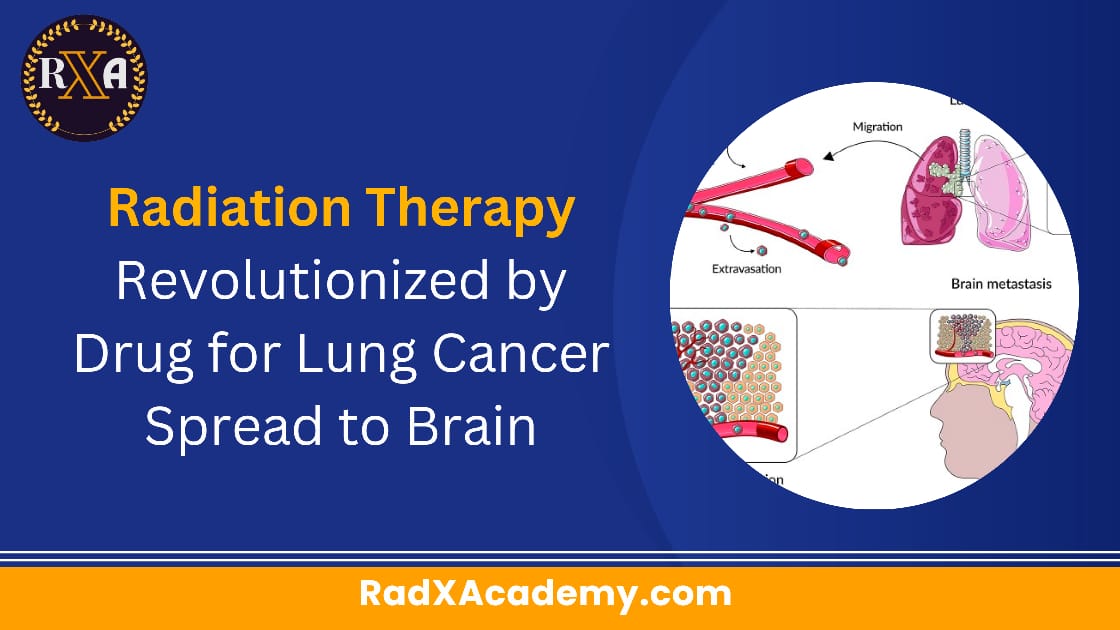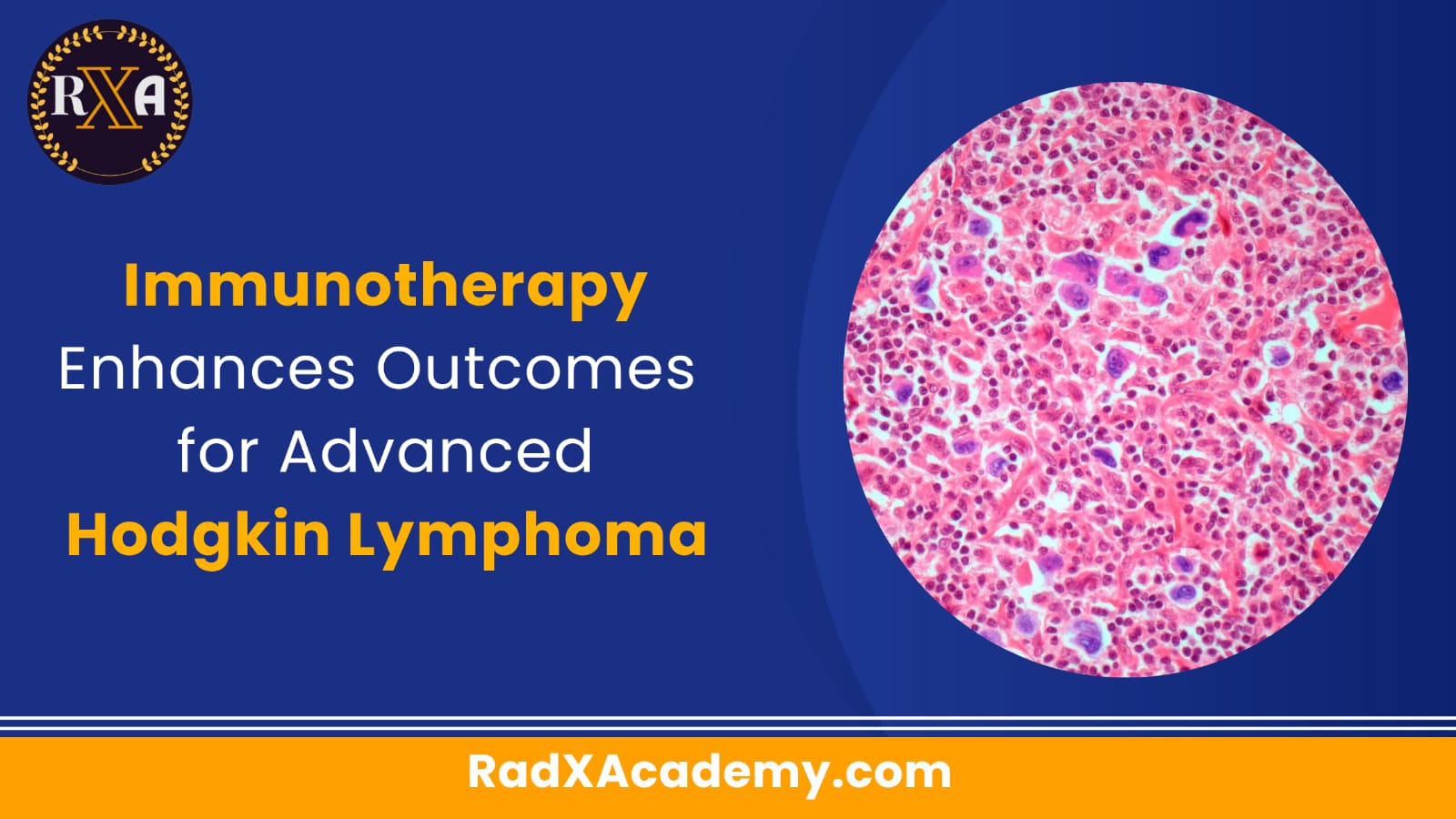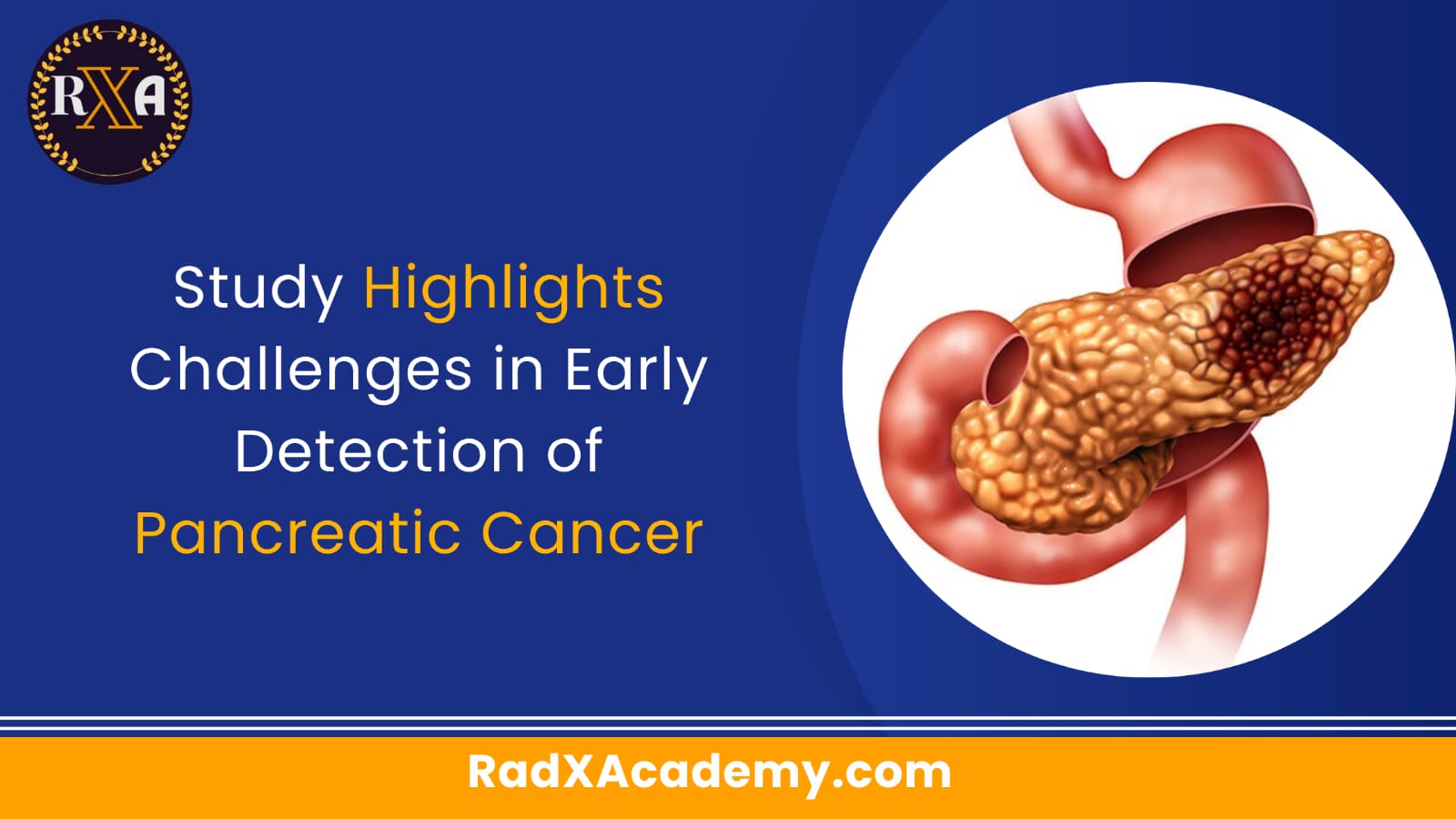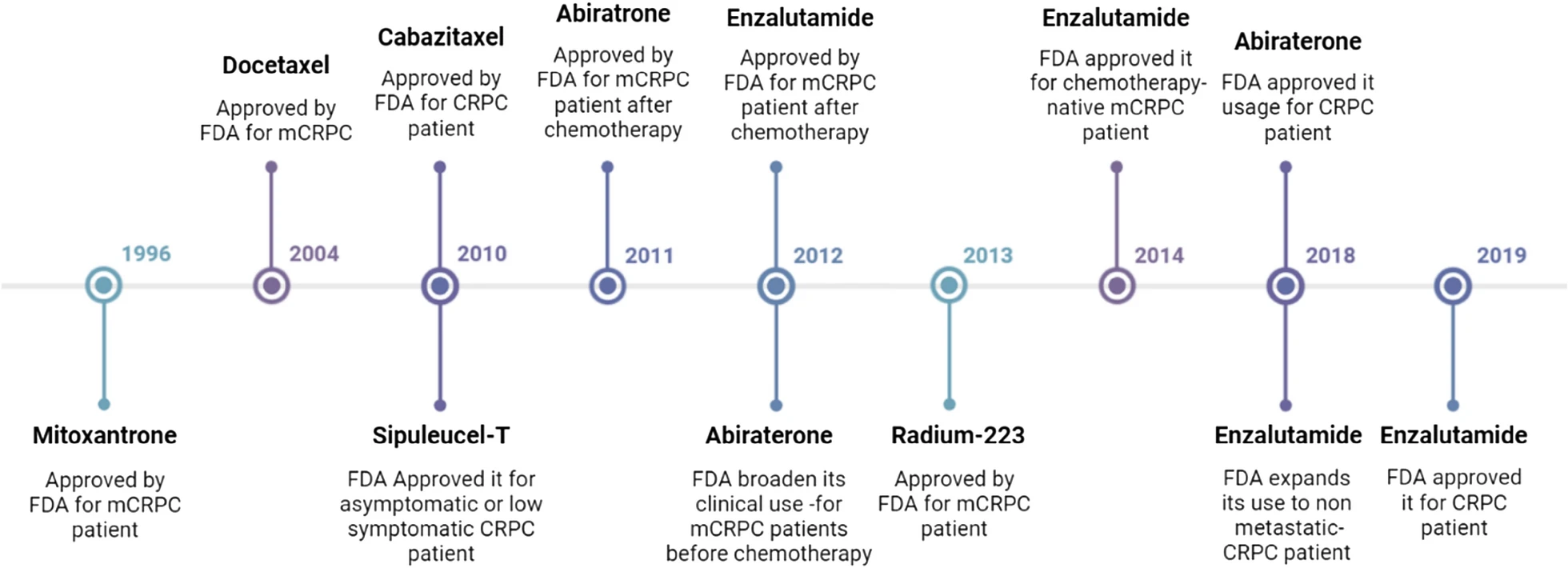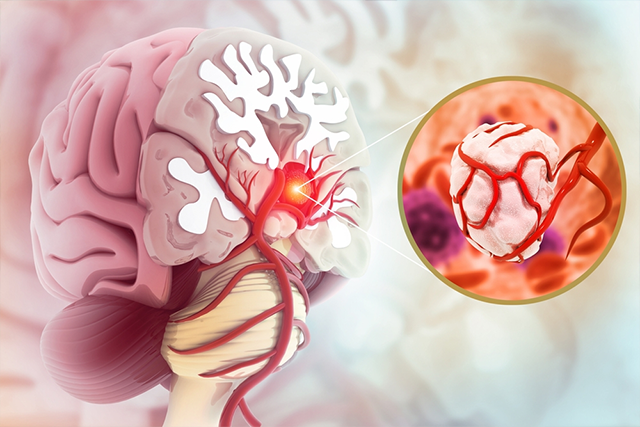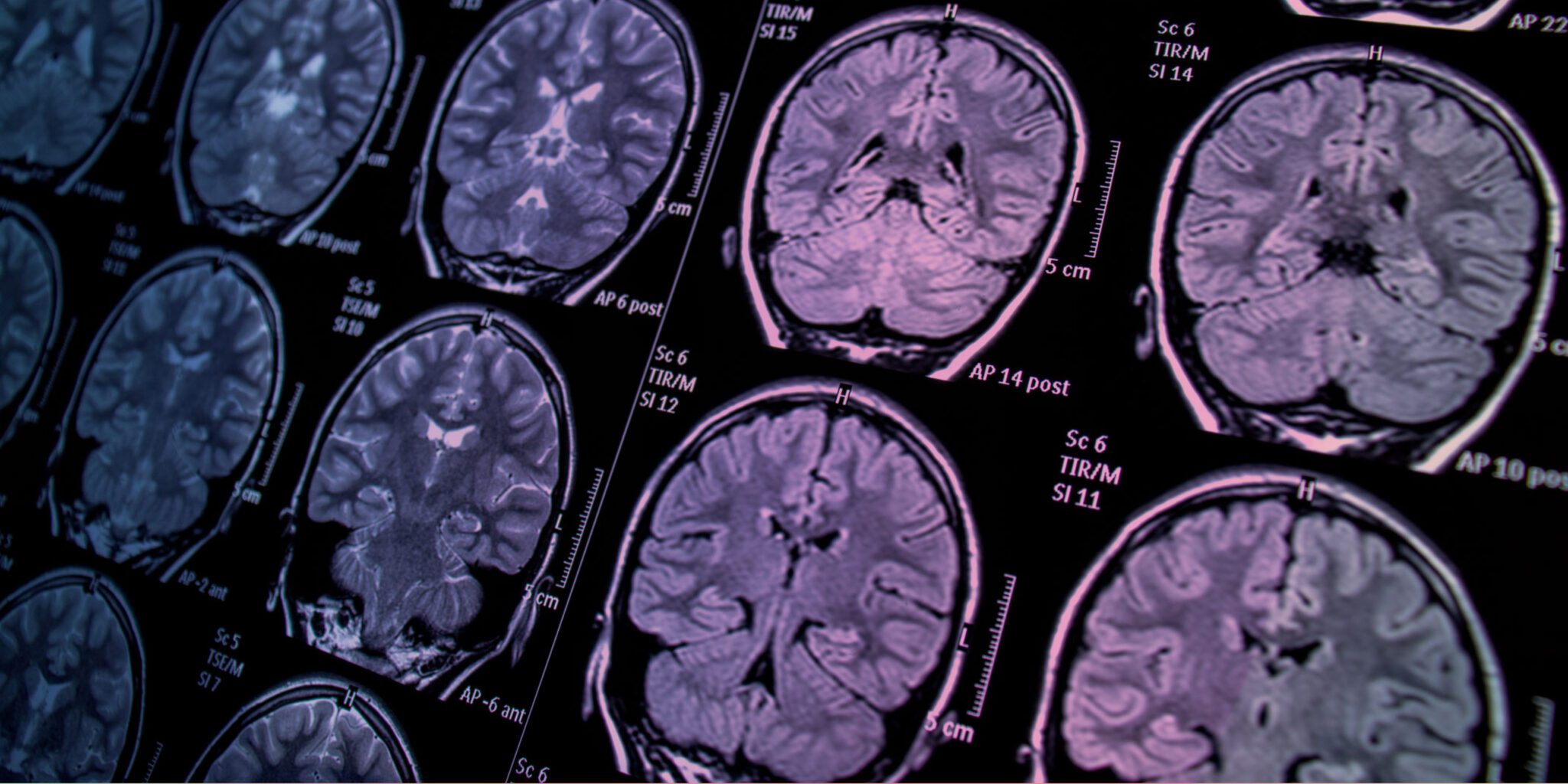Cancer Drug in Development Shows Promise for Heart Muscle Regeneration
In a surprising breakthrough, researchers have discovered that an experimental anticancer drug may help regenerate damaged heart muscle, potentially offering a new way to prevent congestive heart failure.
While many body tissues, like blood cells and the gut lining, renew themselves throughout life, the heart is notoriously incapable of self-repair. Damage from a heart attack often results in permanent scarring, weakening the heart and leading to heart failure. However, new research offers hope for changing this narrative.
Unveiling the Unexpected
Dr. Lawrence Lum, an Associate Professor of Cell Biology at UT Southwestern Medical Center, has spent years developing a cancer drug aimed at Wnt signaling molecules. These molecules are essential for tissue regeneration but are also implicated in cancer development. A critical enzyme in the production of Wnt proteins is porcupine (Porcn), named after fruit fly embryos that resemble tiny porcupines when missing this gene.
While testing a Porcn inhibitor developed by the team, researchers observed an unexpected outcome: a slight increase in dividing cardiomyocytes, or heart muscle cells.
“We saw many predictable side effects in bone and hair, but what surprised us was the regenerative activity in heart muscle cells,” said Dr. Lum. “This discovery suggests that porcupine inhibitors, initially designed as anticancer agents, could also have significant applications in regenerative medicine.”
A Potential Game-Changer for Heart Health
To explore this finding further, the researchers induced heart attacks in mice and treated them with the Porcn inhibitor. The results were remarkable: the treated mice showed nearly twice the heart-pumping ability compared to untreated animals.
“This was a striking improvement in heart function after a heart attack,” noted Dr. Rhonda Bassel-Duby, Professor of Molecular Biology and Associate Director of the Hamon Center for Regenerative Science and Medicine.
In addition to better heart function, the treated mice showed reduced fibrosis, or scarring, in their hearts. Scarring, characterized by collagen buildup, often causes the heart to enlarge inappropriately, increasing the risk of heart failure.
“While fibrosis is initially helpful for stabilizing damaged tissue, it can overwhelm the heart’s regenerative capacity over time,” Dr. Lum explained. “Our findings suggest that this drug can temper the fibrotic response, improving long-term healing and heart performance.”
Promising Future Applications
Another promising aspect of this therapy is its potential for short-term use. According to Dr. Lum, preliminary studies indicate that the Porcn inhibitor would only need to be administered briefly after a heart attack, reducing the risk of side effects typically associated with long-term cancer drug use.
The team plans to advance the Porcn inhibitor into clinical trials as a regenerative treatment for heart disease within the next year.
A Hopeful Horizon
This unexpected discovery could revolutionize heart disease treatment, addressing one of the most significant challenges in regenerative medicine: the heart’s inability to heal itself. If successful, this innovative approach may offer new hope to millions of people at risk of heart failure worldwide.
Published in Proceedings of the National Academy of Sciences, this groundbreaking study paves the way for therapies that could improve the quality of life for heart attack survivors while advancing our understanding of regenerative medicine.
As Dr. Lum concluded, “We’re optimistic about the potential of this agent to transform heart care.”
Reference: Cancer Drug regenerate the heart tissue


